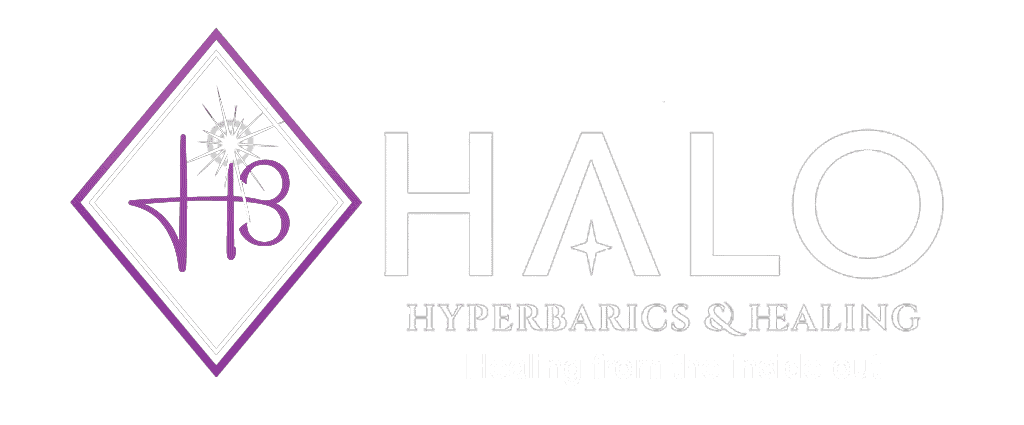LOW-PRESSURE HYPERBARIC OXYGEN HELPS BLAST-INDUCED INJURED MILITARY SUBJECTS WITH POST CONCUSSION DISORDER AND PTSD
LOW-PRESSURE HYPERBARIC OXYGEN HELPS BLAST-INDUCED INJURED MILITARY SUBJECTS WITH POST CONCUSSION DISORDER AND PTSD 16 military subjects received a ‘typical dose’ of low pressure hyperbaric oxygen therapy (40 sessions at 1.5 ATA for 60 min HBOT within 30 days) for mild to moderate traumatic brain injuries. After treatment, they demonstrated significant improvement in impulsivity, mood, anxiety, quality of life scores, and more. Their SPECT brain scans showed remarkable overall improvement in blood flow. These results were confirmed with brain imaging scans which showed remarkable improvements in blood flow to these regions of the brain, following the course of treatments. <view study> A phase I study of low-pressure hyperbaric oxygen therapy for blast-induced post-concussion syndrome and post-traumatic stress disorder – PubMed (nih.gov)
HYPERBARIC OXYGEN THERAPY HELPS TO DRAMATICALLY ALLEVIATE LONG-STANDING PTSD SYMPTOMS IN 35 VETERANS
HBOT HELPS TO DRAMATICALLY HYPERBARIC OXYGEN THERAPY HELPS TO DRAMATICALLY ALLEVIATE LONG-STANDING PTSD SYMPTOMS IN 35 VETERANS Post Traumatic Stress Disorder (PTSD) affects approximately 3.5 percent of U.S. adults every year, and an estimated one in 11 people will be diagnosed with PTSD in their lifetime. This number being much higher in military veterans and can have long lasting effects, impacting their quality of life. This study took 35 veterans diagnosed with long-standing PTSD symptoms (greater than 4 years) though a 3 month intensive hyperbaric protocol involving 60 sessions at 2.0 ATA. The results showed a dramatic reduction in PTSD symptoms. Brain imaging thought f-MRI confirmed these improvements following the 3 month course of hyperbaric oxygen therapy (HBOT)<view study> Hyperbaric oxygen therapy improves symptoms, brain’s microstructure and functionality in veterans with treatment resistant post-traumatic stress disorder: A prospective, randomized, controlled trial – PMC (nih.gov)
